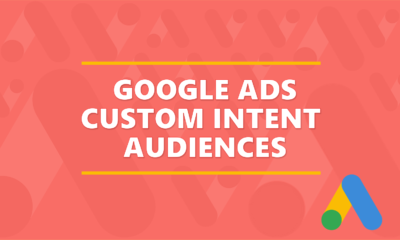Before we go into this brief, political analogy of why link building is important, let’s do a quick primer on how search engines do their thing.
It’s all a matter of Authority and Relevancy!
In broad terms, whenever any user enters a query into a search engine, the search engine needs to determine how to return the best results. One key step is to figure out which pages on the web are related in any way to the query. Another key step is to evaluate which of the pages that relate to the query are the most important, or the most authoritative in regard to that query. One of the biggest factors in deciding that is the link profile of the site containing the web page being evaluated, and the link profile of that page itself.
Whenever someone hops on the “Google machine” and does a search, the search engine goes through a process by which it determines the best results to display to the Googler – this of course applies to King Google’s rivals as well – all tongue-in-check of course.
One of the main factors this process tries to figure out is which available pages on the web are most closely related to the search query (Relevancy). Another key factor includes how a search engine evaluates which pages that relate to the search query are the most important (Authoritative). It is this combination of relevancy and authority the help search engines determine the best results to show someone when they perform a search query.
<insert political analogy here>
Now let’s inject some politics into the mix. There are many factors search engines use to determine both authority and relevancy. One of the most important factors they consider are links.
Each link to a web page (blog post, pdf, static page, anything that can be indexed and seen online), is seen as a vote for that web page. In simple terms, if there are two pages (candidates) that are equally relevant to a given search query (essentially running for office in the same race), the page with the better inbound link profile (ehhh…the candidate who made the better case to win) will have a much better chance of ranking higher than the other page.
However, the digital world does not reward those who kick up their feet, have a Mai Thai and wait for links to come to them (a candidate has to go on the campaign trail). It is incumbent on the site publisher to go out and tell the world about how super duper their website is and get people to link to it (vote). Publishers who do not pursue link building are at high risk of losing their search engine traffic, or never building up their web sites to the point where the traffic they are getting meets their goals (no campaigning = losing the race).
In politics, buying or selling votes is illegal.
The buying of votes in political elections, or “core vote buying,” is illegal in every state and in federal elections.
Search Engines use this same concept when it comes to links.You have to think about whether or not the link is something that will help your site with its rankings for the long term. To illustrate, there are types of links that you can acquire that go against the search engine’s policies. For example, Google has taken a strong stance against the practice of buying links for the purposes of influencing rankings on the Google index. However, many people still buy/sell links and it can and does work for many of them, at least in the short term (yes, politics is a dirty business).
With that said, as Google actively invests time in finding paid links (and other link schemes they deem to be against their policies), even if the links work in the interim, there is no guarantee that they will work in the long run. This leads to a choice that every publisher must make:
Should I pursue a short term strategy, such as buying links, that may bring faster results with less effort, or should I think long term and reduce my risk?



